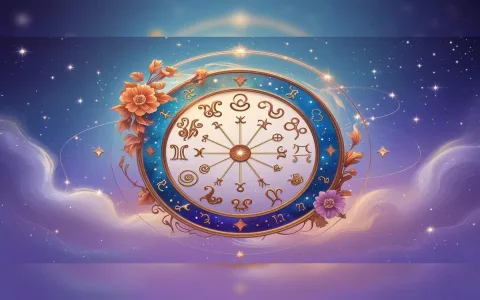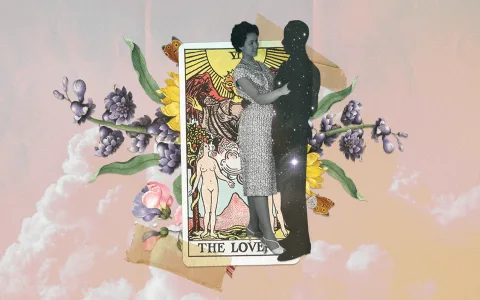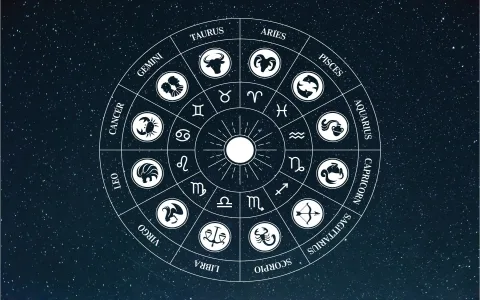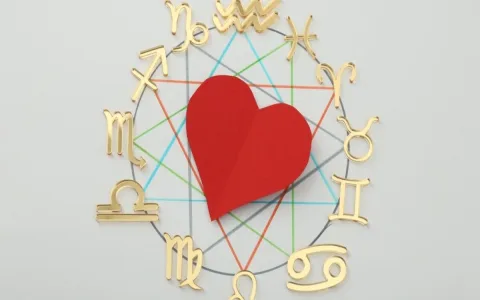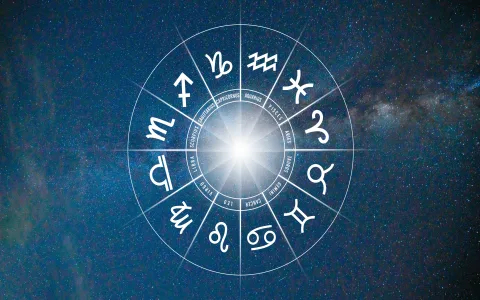Man, let me tell you. I never actually bought into that astrology crap. Never. I always thought it was the biggest load of recycled generalized garbage ever published. But look, my life had hit a wall last week. A thick, concrete wall built entirely of laundry piles and passive-aggressive notes left by my partner, Mike. We were stuck in this loop where everything felt like a massive uphill struggle, and neither of us could just breathe without arguing about whose turn it was to empty the damn compost bin.
I was sitting there, stewing, after another ridiculous fight about the correct way to fold a fitted sheet—I kid you not—when I stumbled across this ridiculous ‘Virgo Lovescope’ thing. I usually just scroll right past, but I was so miserable and desperate that I actually stopped scrolling and read the thing. The title promised ‘true happiness easily this week.’ I laughed out loud because nothing in my life was easy. But I figured, what the hell? If I follow this garbage advice step-by-step and it fails, I can at least write about how utterly useless horoscopes are.
The Mess I Needed to Fix
The whole issue wasn’t the chores, really. It was the absolute obsession with correctness. Being a typical Virgo, I agonized over the details. I picked apart every email Mike wrote, I re-organized the pantry every time he touched it, and I pointed out every single thing he missed. And he, naturally, retreated into silence. The atmosphere was thick. The lovescope, in its vague, flowery language, basically accused me of strangling the joy out of the relationship by focusing on the dust bunnies instead of the connection.
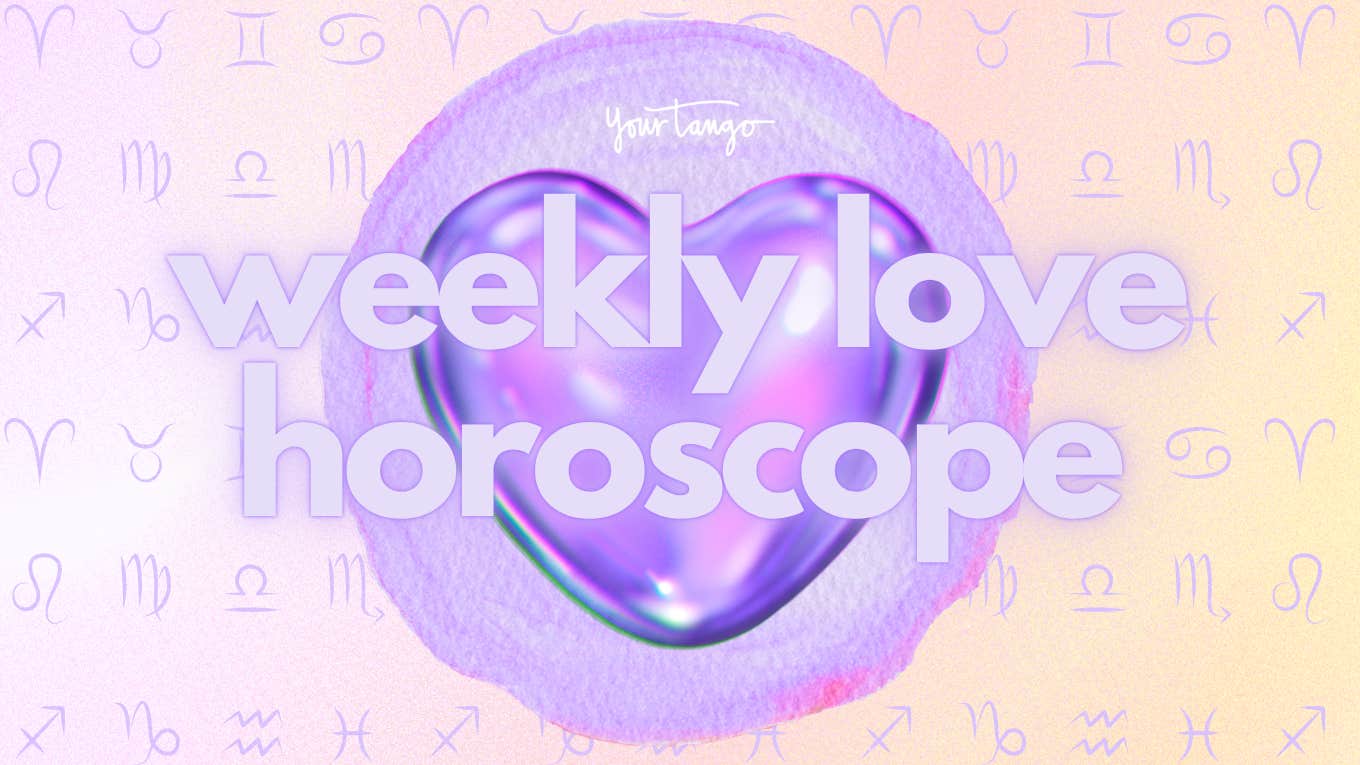
So, I decided to treat the horoscope as a strict implementation guide. I wrote down the three main actionable points it implied, translating the cosmic mumbo-jumbo into concrete, measurable tasks. My goal was simple: get through the week without initiating a single argument about a small detail.
Phase One: Detoxing the Detail Addiction
The lovescope’s first piece of advice was about ‘releasing the need for perfection’ to allow ‘space for spontaneous connection.’ My version of this was brutal. I instituted a strict ‘Zip It’ rule. If I saw something wrong, I was not allowed to speak. I had to physically stop myself.
- Mike left a wet towel on the bed. My hand reached out to grab it, but I snapped my fingers back and walked away.
- He made coffee, but forgot to rinse the milk pitcher, leaving it sticky. I went into the bathroom, stared at the ceiling for sixty seconds, and then used the pitcher without comment.
- During dinner, he used the wrong word for a political figure. I caught myself forming the correction on my tongue, and I swear, I had to press my lips together so hard they hurt. I let the error stand.
This felt horrible. It felt like I was failing at life because things weren’t aligned perfectly. But by Wednesday, the house was slightly messier, but the air felt lighter. I stopped expending all that energy on correction, and suddenly I had energy left over for something else.
Phase Two: Re-establishing Simple Joy
The second point was about ‘finding happiness in shared, uncomplicated moments.’ This was the classic ‘date night’ suggestion, but without the pressure of a big fancy outing. It had to be low-effort, high-comfort.
I texted Mike mid-day, not about bills or schedules, but just a picture of the stupid meme I saw online. Later that evening, I dragged him into the living room, yanked the old board game box from the back of the closet—the one with half the pieces missing—and forced him to play. We didn’t talk about the finances, or the fact that the dog needed grooming, or the leaky faucet. We just focused on cheating each other at Scrabble. He laughed. A real laugh. I realized I hadn’t heard that sound in weeks.
I poured that extra, unspent ‘correction energy’ into just being present. I listened to him tell a long, boring story about his workday without interrupting to offer a solution or critique his approach. I found true happiness, not in some grand romantic gesture, but in the sheer relief of not having to fix anything for ten minutes.
The Aftermath: How the BS Scope Actually Delivered
The final part of the reading talked about how ‘self-acceptance allows love to flow outward.’ This is peak nonsense, but I translated it to mean ‘stop hating yourself for being a human with flaws.’
I woke up Friday morning, and Mike had put away the dishes. He put them away wrong. The forks were in the knife slot, and the mugs were stacked hazardously high. Old me would have immediately re-done the entire cupboard and then delivered a lecture. New me just looked at it, rolled my eyes internally, and drank my coffee. Mike came over, put his arms around me, and thanked me for having such a chill week. He said he finally felt like he wasn’t walking on eggshells.
I didn’t achieve ‘perfect, everlasting happiness,’ which is what the horoscope promised. That’s still BS. But I achieved ease. I realized that my constant striving for order was what was creating the internal chaos. The scope didn’t fix anything external, but it forced me to change my input, and the output—the relationship—immediately got better. I still think astrology is mostly garbage, but I keep that stupid lovescope text in my notes now, just as a reminder that sometimes, the easiest path to happiness is just shutting up and letting the silverware drawer be a mess.

